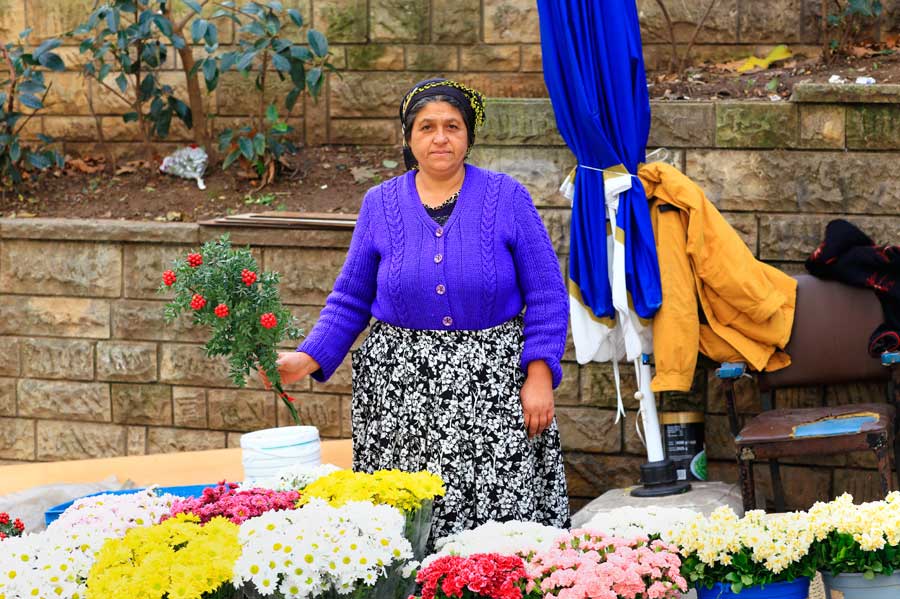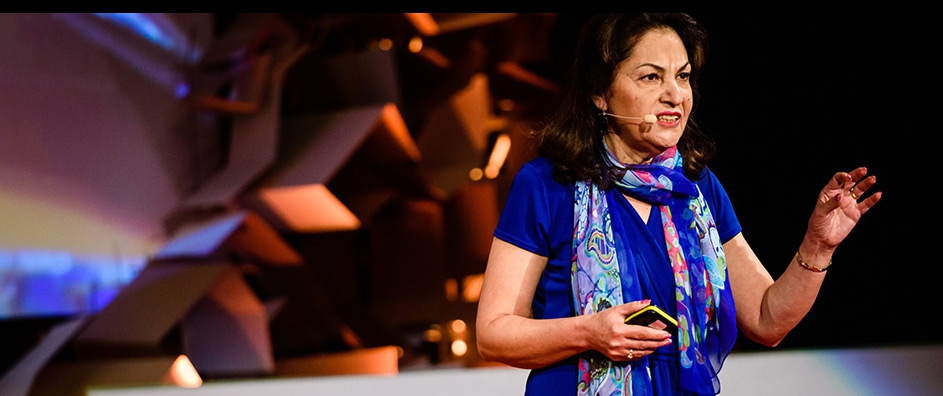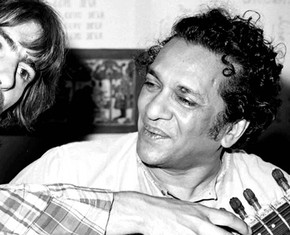The views expressed in our content reflect individual perspectives and do not represent the authoritative views of the Baha'i Faith.
Mothers are the first educators, the first mentors, and truly it is the mothers who determine the happiness, the future greatness, the understanding of their little ones. – Abdu’l-Baha, Selections from the Writings of Abdu’l-Baha, p. 126.
The road glides through fields and vineyards, the green hills deepening to blues and purples in the light rain. In the car, Furugh and I speak candidly about living abroad and finding one’s place in a new culture. We are heading into rural Hungary, into a little town called Gyöngyöspata (pronounced Jyun-jyush-pata). This sleepy village made headlines in 2011 when extreme right-wing vigilante groups terrorized and intimidated Roma families. Rather than defend the inhabitants, local police increased racial profiling and harassment of Roma citizens.
So what are two Baha’i foreigners doing in such a place? We are meeting with Roma women and engaging them in a pioneering approach to maternal and child education. Furugh is the founder of a literacy program called Meséd (Storytelling Mothers) – also known as the Your Story project. She brings Roma (and non-Roma) women together in community spaces, providing free storybooks and parenting support. These colorful books become gateways into enhanced reading and mothering skills. By the end of the program, each participant has a small library to read aloud with their children. The program has been so successful that it is now being replicated in communities across Hungary, Macedonia, Slovakia, and Romania, and Furugh has presented her work on the TED stage. Watch her talk below:
Inspired by the Baha’i Faith, the spiritual principles of human oneness and universal education infuse the Your Story project. Furugh seeks to weave our differences into a stronger and more resilient social fabric. Her approach to establishing a story circle begins by building positive relations with the local community and governing institutions, no matter what their political or cultural affiliation. At the time of the anti-Roma violence, Gyöngyöspata was administered by a far-right mayor, whose political party has fanned the flames of racial tension. Yet, Furugh managed to meet with him – and received his encouragement to continue her work with Roma women.
So many people who have experienced profound exclusion also know the secrets of welcome, of embrace. In communities throughout Europe, Roma are often treated without kindness or respect. Furugh can relate. She is originally from Iran, where many of her friends and family members experienced arrest, imprisonment, and denial of jobs and education due to their Baha’i religious beliefs. Now, she brings Roma mothers together – some of Europe’s most rejected souls – who in turn create spaces of trust and shared belonging. Your Story helps change attitudes and structures through friendships based on justice, knowledge, and generative power. Together, these woman embody the imperative to:
Bring those who have been excluded into the circle of intimate friends. Make the despairing to be filled with hope. Waken them that slumber; make the heedless mindful. – Abdu’l-Baha, from a tablet to a Persian Baha’i.
Roma women have some of the highest illiteracy rates throughout Europe. They often face not only prejudice but also multiple barriers to education, employment, healthcare, and housing. Yet these painful social facts can transform through relationships, which alter our perceptions and challenge our beliefs. For example, by providing an opportunity for a Roma mother to read aloud to her child’s class, Your Story creates a positive cycle:
- the mother gains confidence and joy in her own voice, further reinforcing positive parenting and life skills;
- children who might otherwise develop racial prejudice against Roma are exposed to a new and beautiful reality in the form of storytelling mothers;
- teachers who may have deeply ingrained racist views are challenged to rethink their beliefs;
- the mother’s own child gains a role model and newfound appreciation for this person who cares for their everyday needs.
At a small primary school in Gyöngyöspata, Furugh parks the car, and we carry snacks and picture books into a charming classroom filled with toys and handcrafts. At a low table, a group of woman laugh and chat excitedly in Hungarian about an upcoming picnic. Your Story serves not only as a once-a-week learning circle, but also a community of mothers who offer each other support, encouragement, and honest sharing of life’s joys and sorrows.

The women are eager to learn about this new American in their midst, and immediately engage me in conversation (translated by Furugh, who speaks English, Hungarian, and Persian fluently). Furugh is clearly beloved by the women she brings together, and maintains an easy flow to the gathering. Each mother has a chance to share the week’s good and bad news. I hear many stories of family illness, pregnancy stresses, and gratitude for family and small blessings. Then we distribute books, and women take turns reading a page out loud. The theme of the book – how we cope with happiness and sadness – offers a springboard for personal reflections.
“Are you a happy person or a sad person?” is the question one lady asks me. I examine my heart, looking around the room. The strain of hardship is clear in the eyes and posture of each woman present. Yet, we all share a smile that grows from a source that is rooted, beyond sorrow, in our depths.
“I am a happy person. I am happy that I am here, with you, welcomed by you,” I tell them.
This simple declaration hits me with great force. The struggles of daily life can lead us to forget that we are joyful, trusting beings. But these women, with their complete acceptance and bittersweet laughter, have touched a deeper chord in me. I realize that if I allow these words to undergird my thoughts and actions, I might really start to live the happiness hidden in my core.
I feel astonished and thankful – that my own sense of joy-in-community has been expanded by these women who have experienced such persistent and violent rejection. Seeing this with my own eyes, feeling it in my own heart, in this racially divided town, is proof that positive change can happen – even in a country filled with hate and distrust of Roma and foreigners.
The intellect is good but until it has become the servant of the heart, it is of little avail. — Abdu’l-Baha
In the waning light, we play a few games to build trust and spark laughter, then sweep down the misty hills, back home.
















Comments
Sign in or create an account
Continue with Googleor